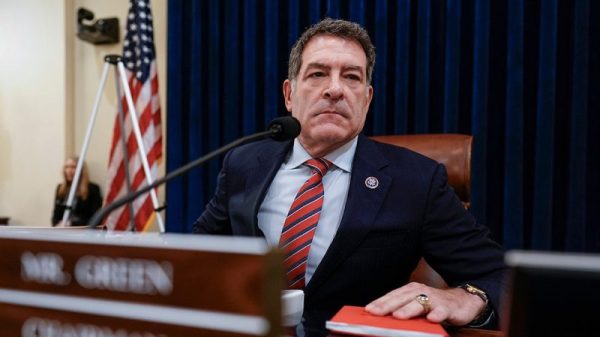Last month, I expressed alarm about a provision in the House budget reconciliation bill proposing to strip from federal courts the power to use contempt sanctions to enforce many court orders. Now, the Senate Judiciary Committee has countered with its own version, which drops the unconstitutional craziness while still advancing the goal of discouraging the issuance of temporary restraining orders (TROs) and preliminary injunctions (PIs). Sam Bray has an early analysis that quotes the actual language. (Note that the Byrd Rule could still apply to prevent incorporation of a fundamentally non-budgetary measure like this into the reconciliation bill.)
Briefly, the Senate proposal would change the House version as follows: restrict grants of injunctions themselves rather than meddle with contempt powers, an approach more likely to survive constitutional review; regulate only PIs and TROs, which are inherently of limited duration, not permanent injunctions; regulate only orders against the federal government, not other defendants; apply prospectively only; exclude bankruptcy proceedings; and, significantly, instruct judges to scale the amount of bonds demanded of plaintiffs to the costs the feds would shoulder from being restrained.
This last provision could actually make the measure more effective than the House version in curtailing the sorts of short-term court orders against the federal government of which the Trump administration (and to varying extents its predecessors) has complained. It is intended to force judges in many cases to order plaintiffs to put up very substantial bonds, high enough to discourage not only indigent litigants but many others.
In other words, goodbye (probably) to the workaround available under the House version of having judges issue token bonds for a tiny sum. The result could be that it becomes difficult to restrain the feds until a permanent injunction can be obtained, which may take some time.
The random and irrationally destructive aspects of the House bill laid to one side, it becomes easier to focus the debate on a more fundamental question: in our system of limited government, is it prudent to remove some of the last constraints that prevent the federal government from embarking on an unlawful course of action and then keeping it up for a long period, even if judges correctly foresee that it will be ruled illegal in the end? Are we willing to accept that this would give the federal government an incentive to stall and complicate matters to prevent the entry of permanent injunctions? Should we be doing this at the very moment an administration has adopted wide-ranging lawbreaking as a purposeful shock-and-awe strategy? It doesn’t seem prudent to me.
























